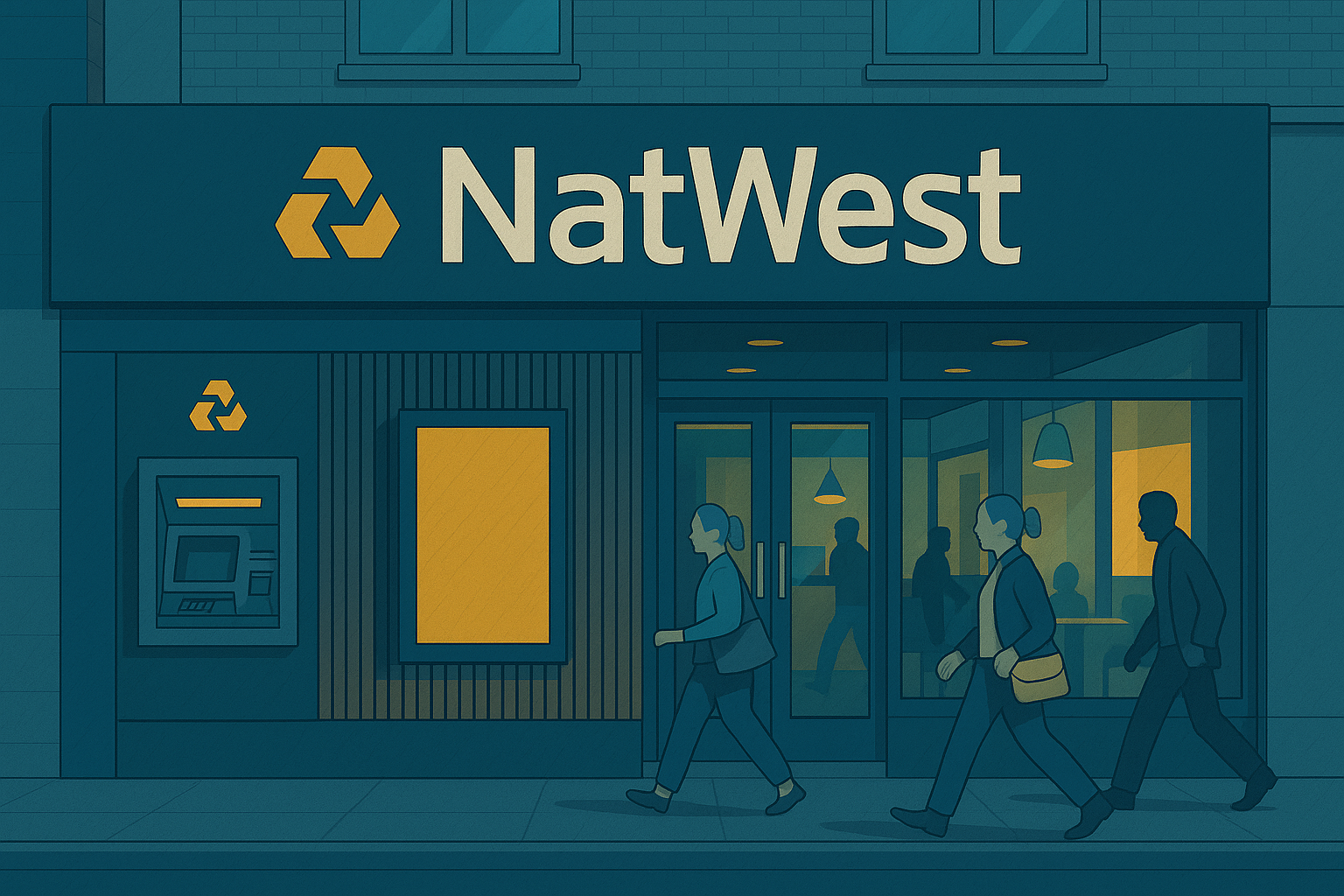Rachel Reeves is considering extending the freeze on income tax thresholds in the upcoming autumn Budget, potentially increasing the tax burden on high earners in the UK. According to analysis by wealth manager Rathbones, maintaining the freeze could result in an additional £7,000 in income tax for those earning over £100,000 annually. This extension could also bring 1.4 million more people into the highest tax bracket, affecting individuals earning over £125,140 per year.
Reeves is reportedly planning to raise taxes by up to £50bn to restore her £9.9bn fiscal headroom. This has led to concerns that she may rely on frozen income tax thresholds, often referred to as “fiscal drag,” which are set to expire in 2028. The combination of the freeze with rising inflation and wages poses a financial challenge for taxpayers nationwide. Individuals earning £80,000 could face an additional tax burden of £5,635, while those earning £50,000 might see an increase of £4,632.
Ade Babatunde, senior financial planning director at Rathbones, commented on the situation, stating to City AM: “With the Chancellor searching for ways to plug the nation’s financial black hole, the freeze on income tax thresholds could be dragged out further. It’s taxation by stealth: the rates stay the same, but a bigger slice of your pay disappears into the taxman’s coffers.”
Income tax receipts have recently increased, following a series of Labour U-turns and a £190bn spending surge that has strained Reeves’ fiscal headroom, now the third-smallest on record since 2010. Reeves’ fiscal rules require that day-to-day spending be funded by tax receipts. City analysts estimate potential tax increases ranging from £10bn, as suggested by JP Morgan, to £50bn, according to the National Institute of Economic and Social Research.
In July, income tax receipts reached £4.5bn, partly due to a rise in self-assessed payers. Sarah Coles, head of personal finance at Hargreaves Lansdown, noted the usual self-assessment surge in July but warned that the higher tax take is not a “one-off,” with self-assessment tax up 21% from the previous year. Coles added, “Early estimates suggest we might pay an estimated £89.2 billion more in tax on our earnings in the current tax year. This is due in large part to the frozen tax thresholds.”
While speculation about changes to income tax in the autumn Budget has not been widespread, the risk of extending the freeze on tax thresholds remains, potentially dragging more individuals into higher tax liabilities.




